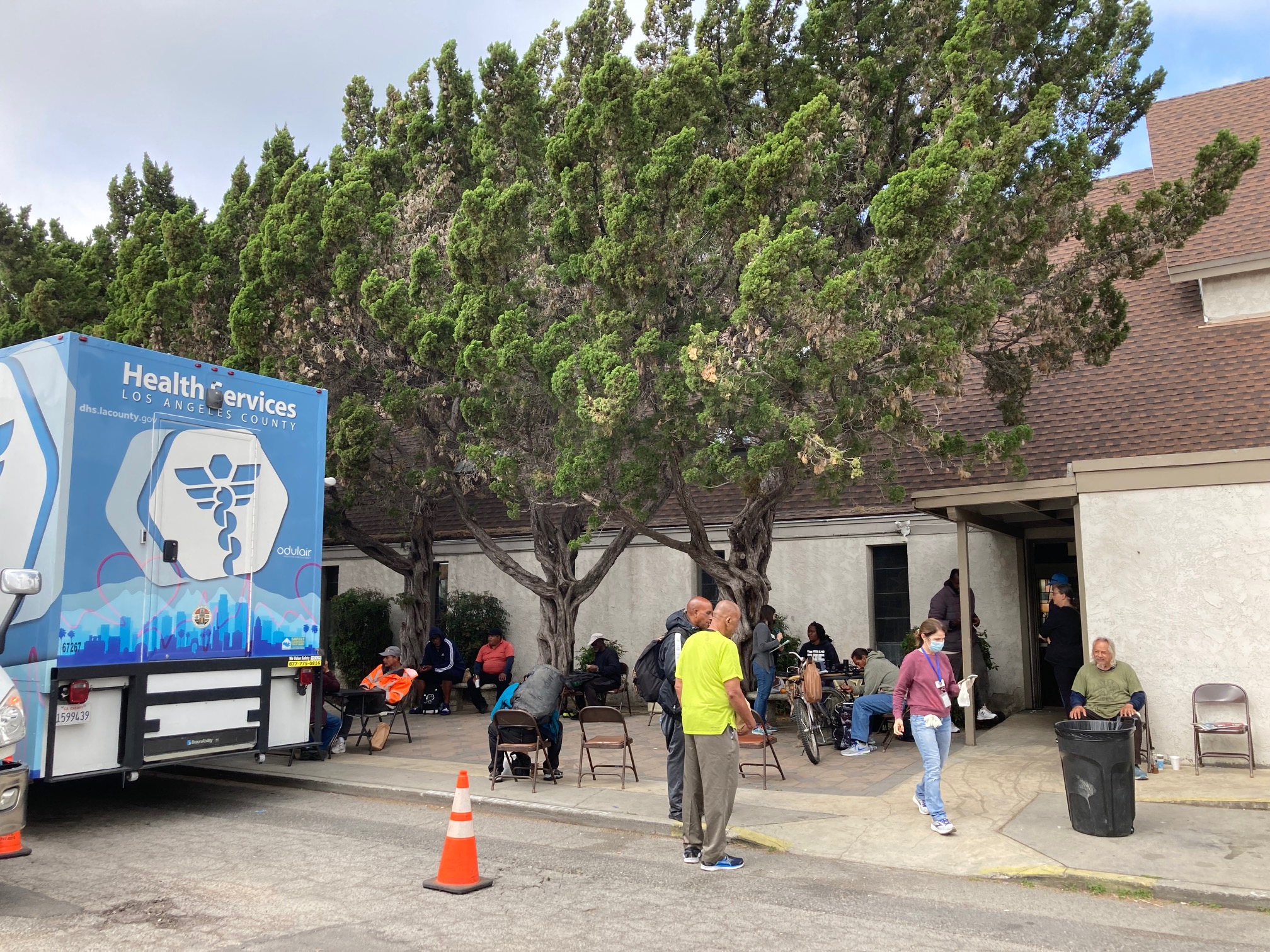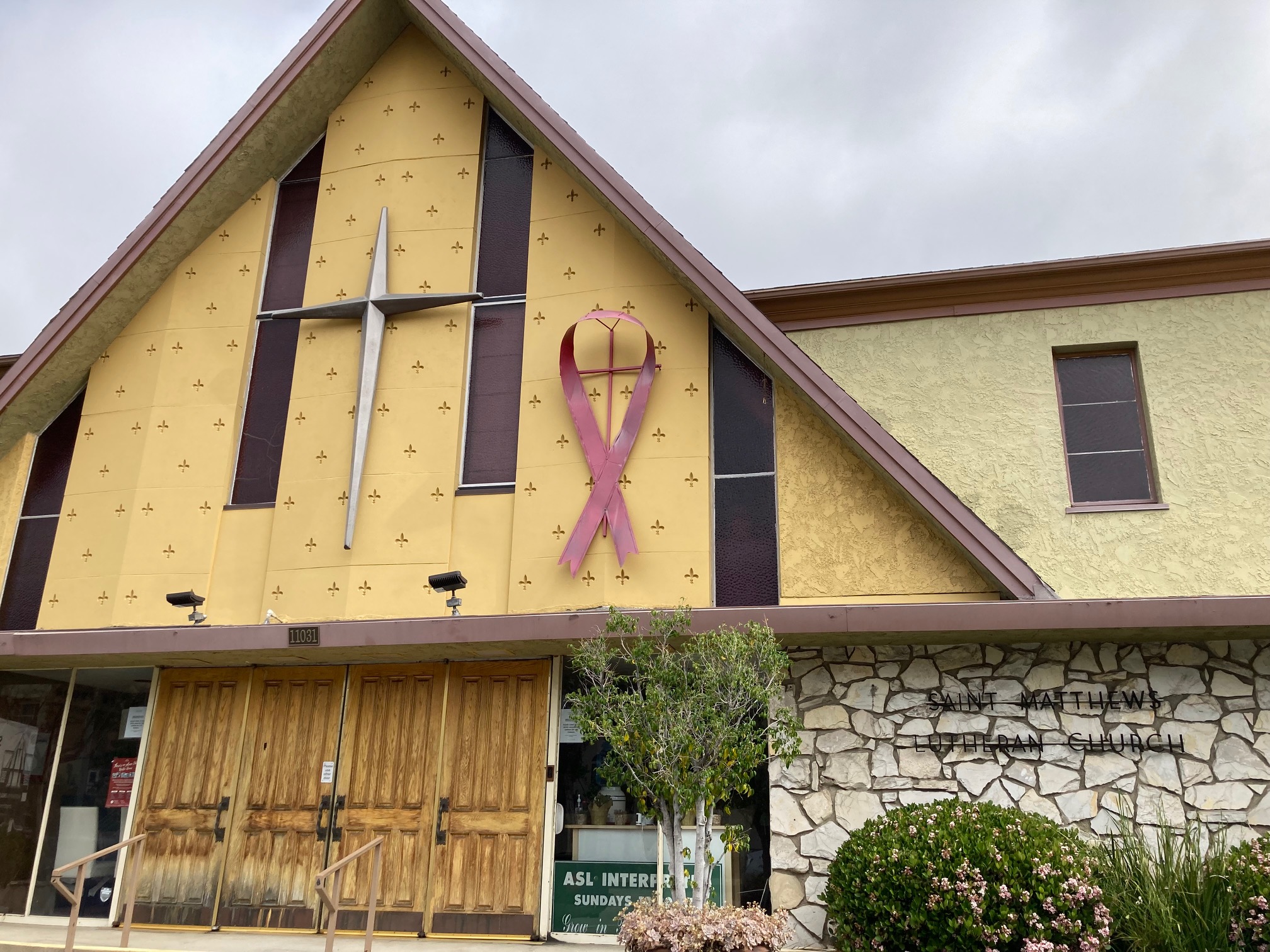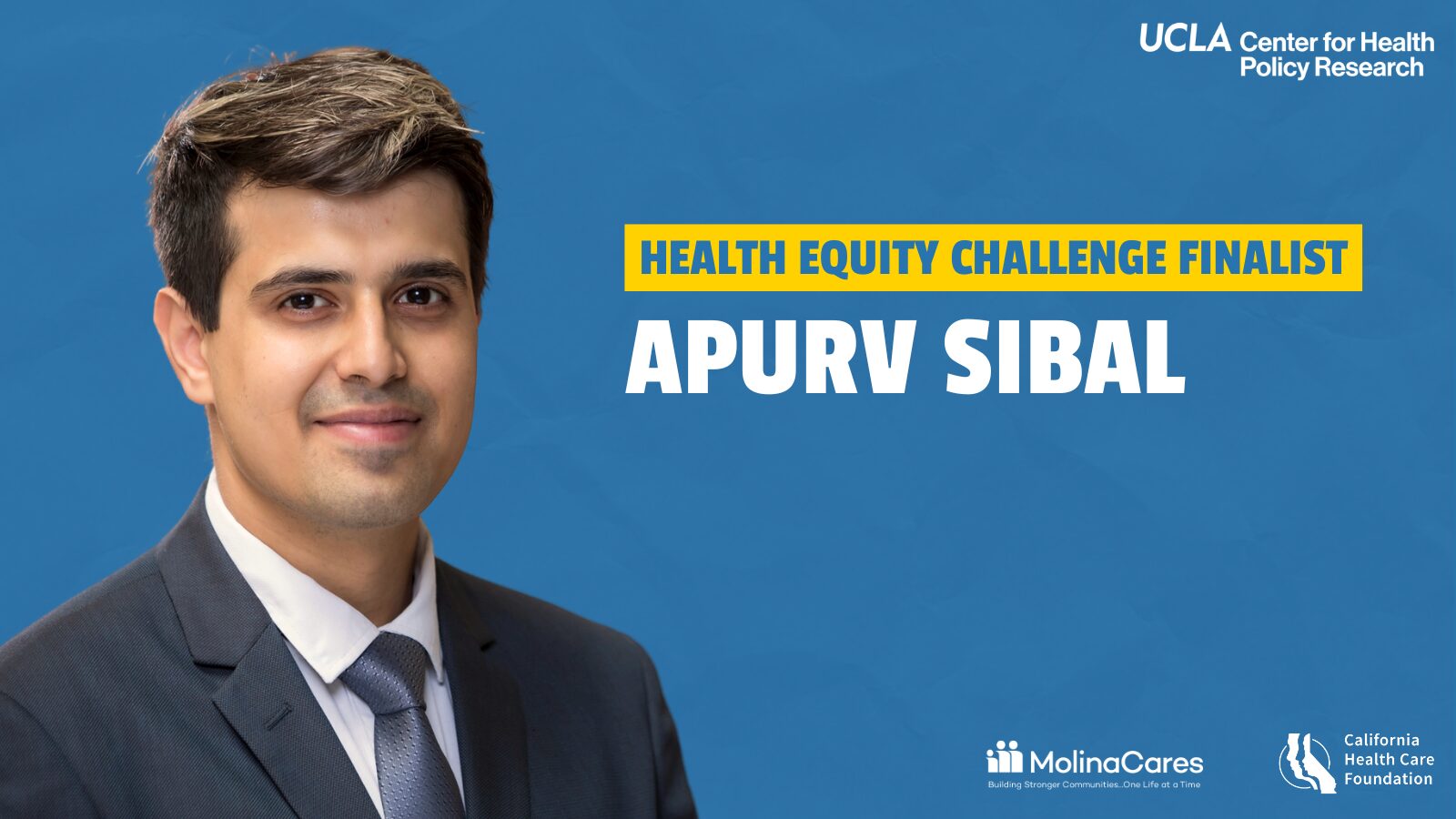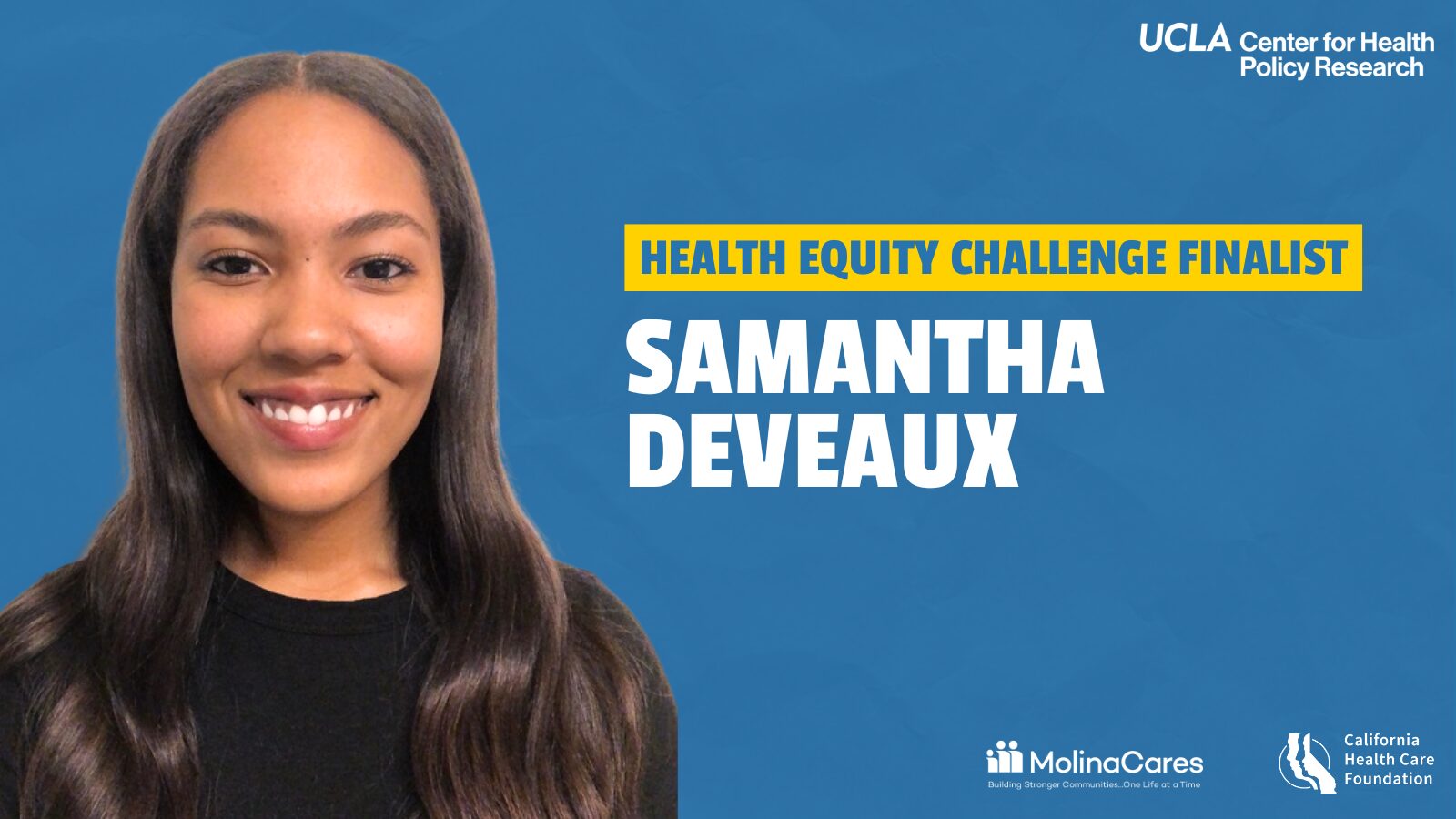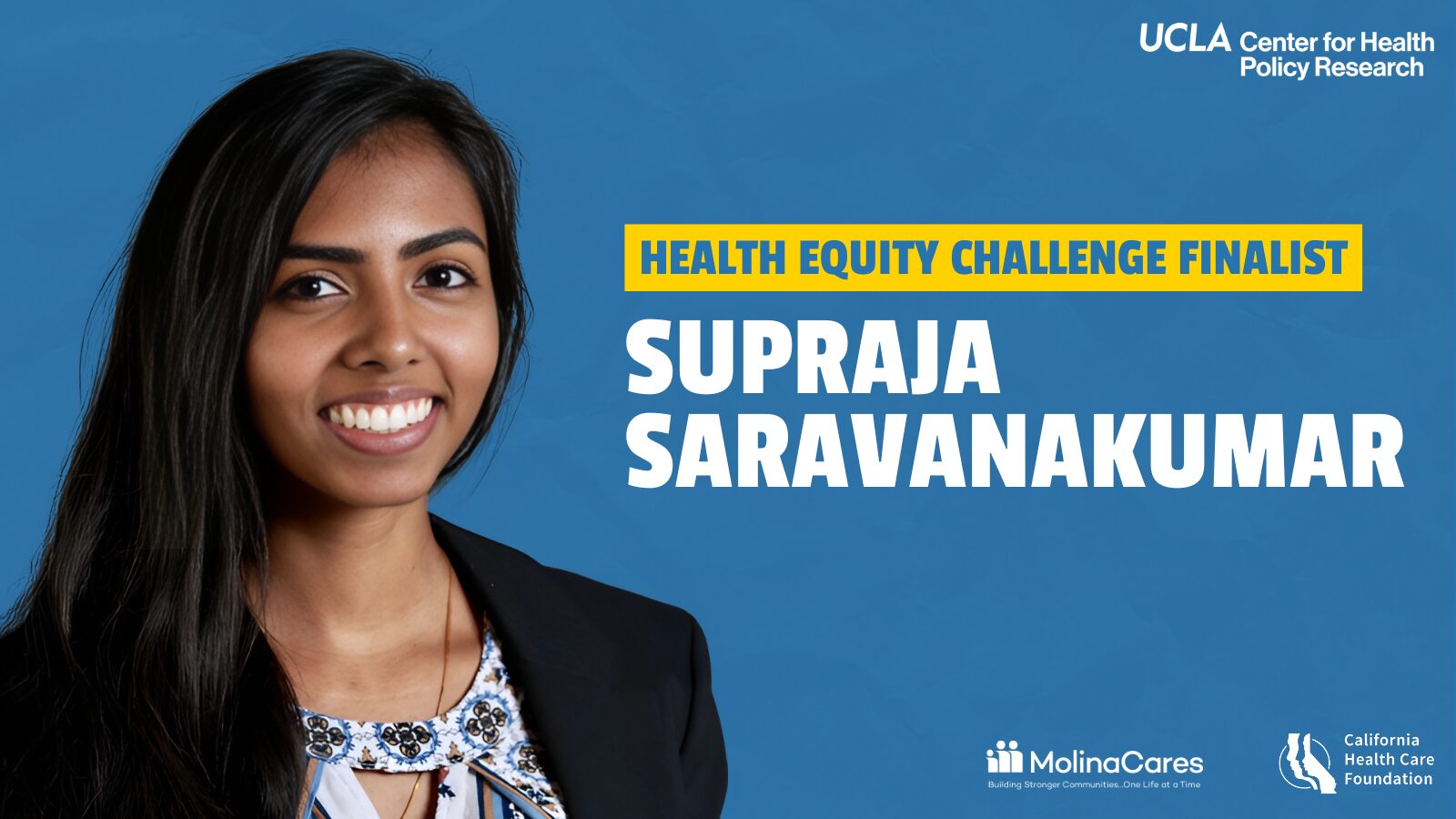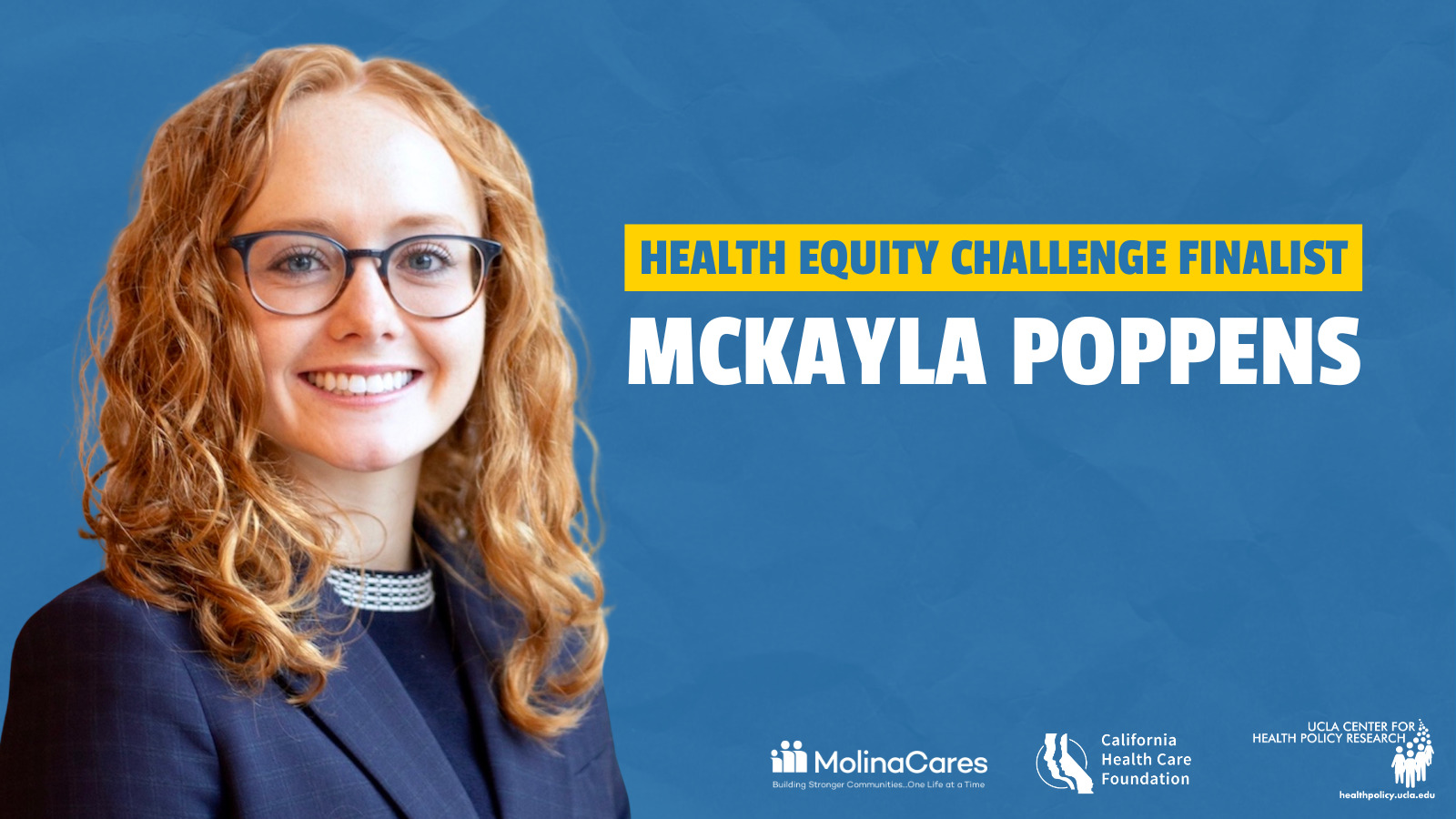
Everyone enters medicine with the desire to help people. From treating chronic conditions to fixing acute injuries, medicine finds patients in their most vulnerable states. I’ve envisioned a career in community medicine for as long as I can remember, eager to help patients where they are. Even more, preventative care has been a driving motivation for my interest in medicine. My 2023 Health Equity Challenge project is titled “Practice Safe Skin Los Angeles: Reducing Barriers to Sun Protection in Under-Resourced Communities” and aims to bring access to sun protection and education to historically marginalized groups. Although more common in people with light skin, skin cancer has a worse prognosis in people with dark skin due to later detection and medical misinformation about skin cancer in populations of color.
The Health Equity Challenge is an exciting opportunity that welcomes students to develop innovative ideas for real-world problems. The chance to think outside the box to create practical solutions is an exercise not otherwise integrated into the medical school curriculum. This challenge has taught me the foundations of developing sustainable community partners and building relationships within communities. As a fourth-year medical student in the Charles R. Drew/UCLA Medical Education Program, I’m excited to take the skills I’ve learned during the Health Equity Challenge into my career as a dermatologist.
Dermatology is a specialty that focuses on treating conditions of the skin and nails. Skin cancer is the most common type of cancer, and incidence rates have steadily risen in the United States over the past two decades. Most skin cancers are non-melanoma skin cancers, which are usually nonfatal and treatable, yet have a substantial public health impact. Melanoma is the third most common type of skin cancer, accounting for 75% of skin cancer-related deaths, with more fatalities in black and brown communities.
Melanoma contributes to significant years of potential life lost and productivity losses from premature deaths that extend beyond treatment-related costs. In 2018, the estimated annual cost of treating skin cancers was over $11 billion. This estimate does not account for the indirect costs associated with morbidity (e.g., disfigurement) and loss of productivity (e.g., lost workdays or restricted activities). I believe a critical component of reducing the burdens of skin cancer includes reaching patients in the community. My drive to improve medical education and access to sun protection within underserved communities will continue to be an integral part of my career in the future.
“Melanoma contributes to significant years of potential life lost and productivity losses from premature deaths that extend beyond treatment-related costs. In 2018, the estimated annual cost of treating skin cancers was over $11 billion. ”
The idea for this project was inspired by the work of IMPACT Melanoma, a nonprofit dedicated to melanoma prevention and early detection that has incorporated education and prevention programs across 48 states. In 2021, IMPACT Melanoma’s sunscreen dispenser program was utilized by more than 63,000 people within Boston. This program does not yet exist in Los Angeles. Additionally, in Los Angeles, shade is a precious commodity. In wealthier areas of Los Angeles, shade coverage reaches more than 35% compared to the mere 10 to 12% of tree cover in South Los Angeles. Lack of shade and access to sunscreen and sun-protective clothing only accentuates the disparities in skin cancer prognosis. By implementing this project, I hope to open the door for further discussions about sustainable methods for community prevention and education.
I’m thankful to the Health Equity Challenge for allowing me to develop my leadership skills apart from my medical training. This opportunity has not only allowed me to better understand the needs of my community and shown me the power of collegiality in fighting for justice, but has also equipped me with a skillset to continue pushing for health equity in my future as a physician, both within and outside of the hospital.

By McKayla Poppens
2023 Health Equity Challenge Finalist
McKayla Poppens is a fourth-year medical student in the Charles R. Drew/UCLA Medical Education Program. Poppens was named a 2022 Albert Schweitzer Fellow, which provided her the opportunity for mentorship to raise awareness and address medical misinformation about skin cancer and adolescent-prone skin conditions among high-school-aged students in South Los Angeles. She aspires to complete a dermatology residency, during which she will continue her passions for community health education and policy advocacy.
continue reading
Related Posts
As many as 50% of blind high school students drop out of high school and COVID only exacerbated this problem.
Coming from a low-income community of color, I personally witnessed how generations of systemic racism and economic corruption have led to a powerful mistrust in the health care system.
Postpartum depression (PPD) is a silent struggle for many new mothers, but for South Asian women, cultural stigmas and generational pressures often exacerbate this already challenging condition. As a woman of color and a first-generation college graduate, I have walked a path shaped by the nuances of both my cultural heritage and my academic pursuits.


